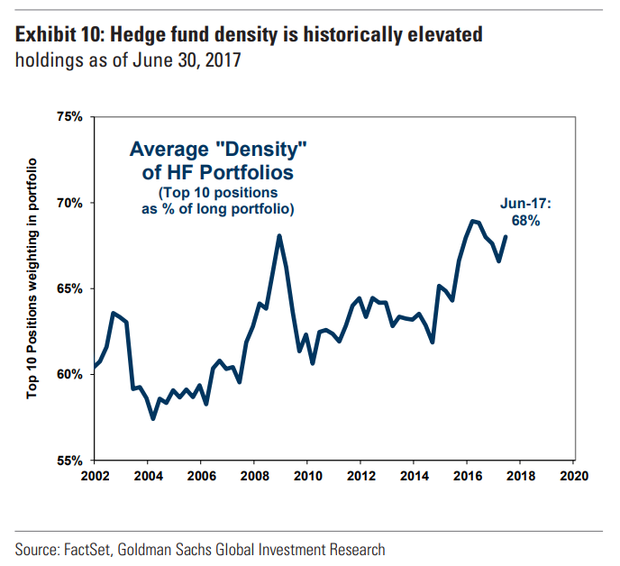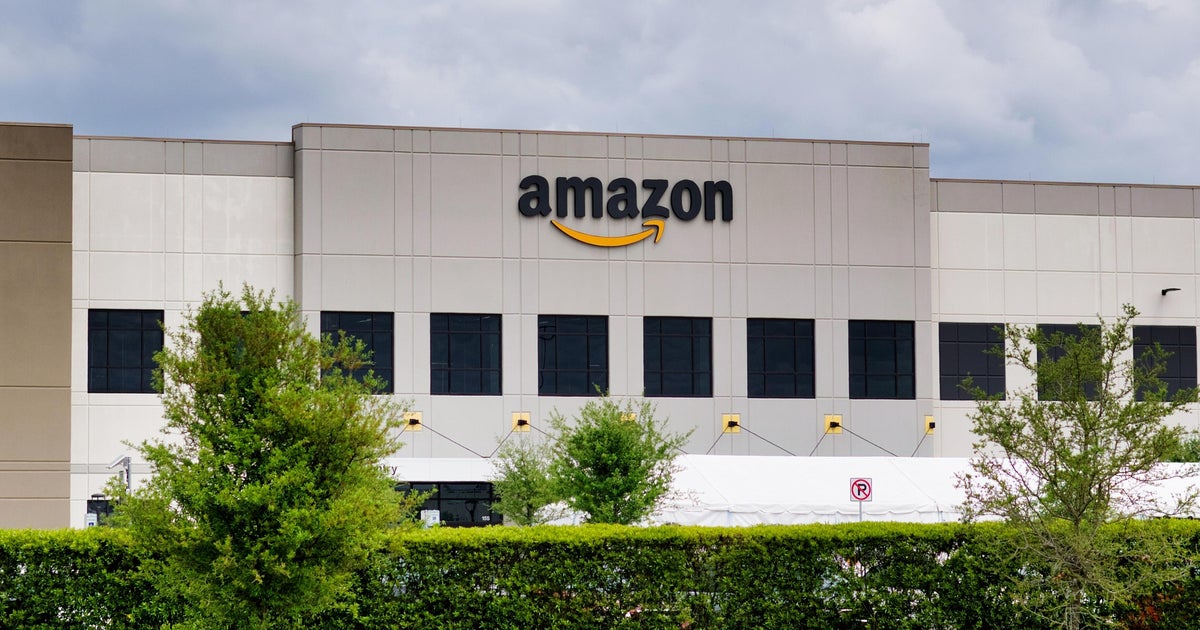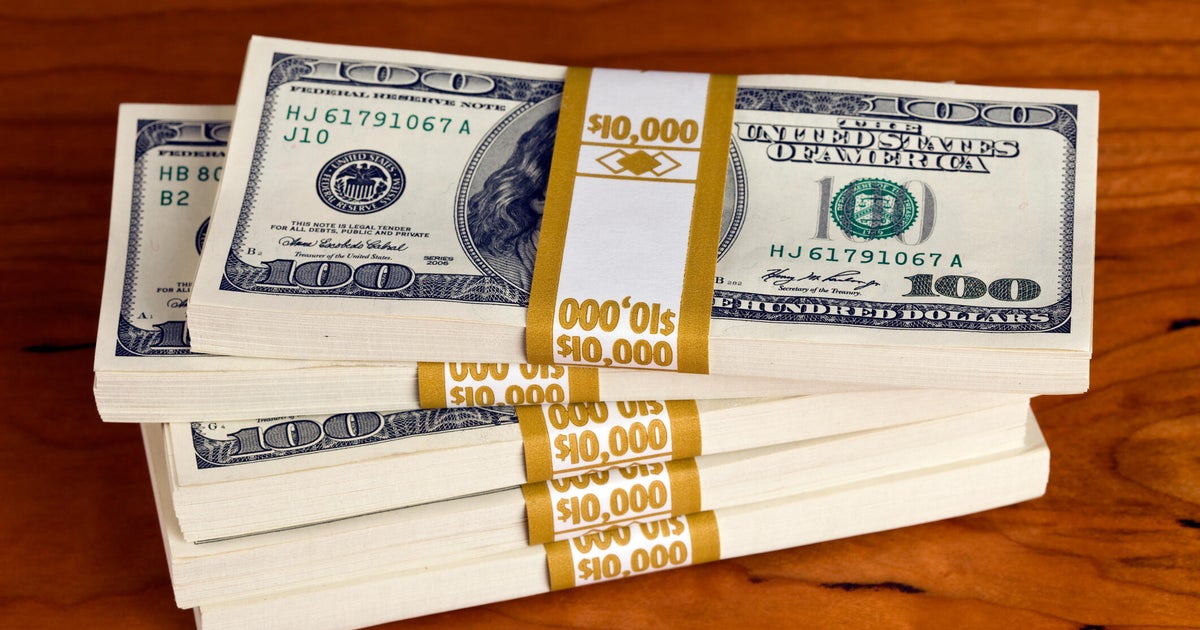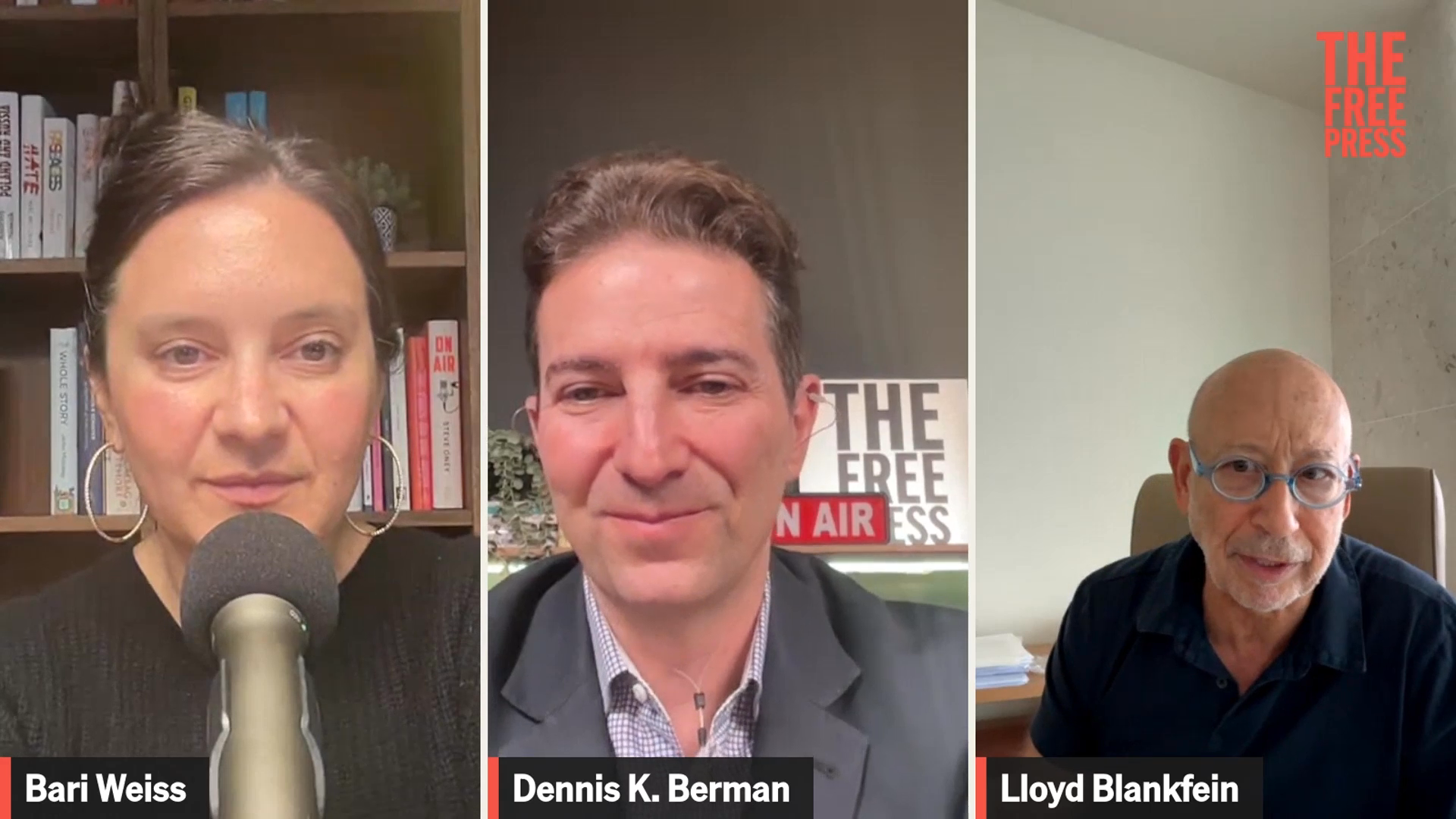Hedge fund crowd going wild for same stocks
The term "hedge fund" has become a bit of a misnomer. Originally, these relatively unregulated fund managers -- catering to high-net-worth investors who are supposed to understand the risks -- would focus on so-called "absolute return" strategies seeking a steady rate of return regardless of the market environment. This meant they would often need to hedge against the inevitable downside risks, buying up defensive investments to offset their long-side positions.
This strategy performs best in periods of market turmoil with churning ups and downs. But after solid performance in the years around the financial crisis, hedge funds have since struggled as central bank pump-priming has invalidated classic technical trading signals and pushed stocks upward in relentless fashion.
Pressured by lagging performance, asset withdrawals by clients, and fund closures, these Wall Street hot shots did the unthinkable: They piled into the mom-and-pop strategy of buying big-tech glamor stocks. And over the last few months, it's been working.
According to Goldman Sachs, the average equity hedge fund has posted a 7 percent year-to-date return, driven by large allocations to growth and information technology stocks. This is the hedgie crowd's best performance to start a year since 2009.
A list of the most popular hedge fund holdings -- including such "FANG" stocks as Facebook (FB) and Netflix (NFLX) -- has gained 19 percent so far this year vs. a 12 percent gain for the S&P 500.
These trades are becoming increasingly crowded, leaving the hedge funds vulnerable to the type of pullback they are supposed to protect against. The average fund has two-thirds of its long portfolio concentrated in its top 10 positions, just below the record density reached in early 2016 (see chart above). This tighter focus on a narrowing group of stocks mirrors the S&P 500's increasing reliance this year on market-cap behemoths like Apple (AAPL). Key Chinese stocks are on the list as well, including Baidu (BIDU) and Alibaba (BABA).
If you want to play along, mirroring what the hedge fund honchos are doing, UBS analysts recently generated a list of the 10 most crowded trades among global active-fund managers. Besides the four stocks noted above, the list includes Microsoft (MSFT), Google parent Alphabet (GOOG) and Priceline (PCLN). Stocks that hedge fund are aggressively avoiding -- that is: shorting, or betting the share prices will fall -- include Exxon Mobil (XOM), Johnson & Johnson (JNJ) and AT&T (T).




